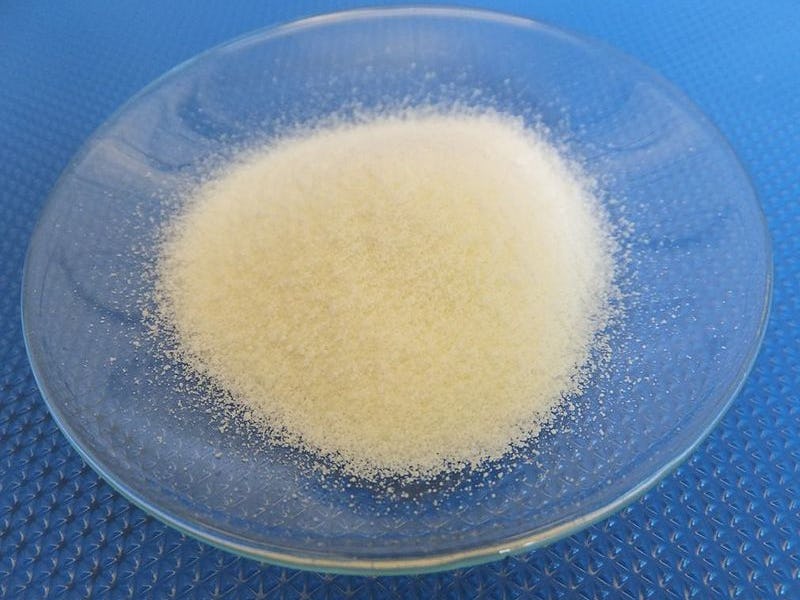Baltimore Snorts at Legality of Powdered Alcohol
Health officials want a nationwide ban, but who's drinking this stuff?

Less than a year after the federal government approved powdered alcohol drink mix, Baltimore health officials are calling for a ban on sales: citing a lack of evidence regarding its pharmacologic effects and potential for abuse.
Officials from Baltimore’s City Health Department asked for the ban in an editorial published Tuesday in the Annals of Internal Medicine titled “Patient and Public Risks of Powdered Alcohol: A Citywide Case Study to Prevent Abuse.”
The group already convinced the state legislature to put a temporary ban on sales of Palcohol, a brand of powdered alcohol, in March 2015 — the same month the feds approved its sale — and Baltimore officials and the Maryland state comptroller followed with their own bans. A total of 27 states have banned powdered alcohol as of November 2015.
The group argues:
Despite widespread media interest, clinical research on the ingestion of powdered alcohol is scant. Little evidence exists on how its pharmacologic effects might differ from those of liquid alcohol, though public health critics have cited the increased potential for abuse based on ease of portability and combination with other alcoholic drinks, leading to underage use, increased binge drinking, and illicit “spiking” of others’ beverages.
It continues:
Critics also maintain that this portability will make powdered alcohol easier to conceal, increasing liability for municipalities, schools, concert venues, and other companies. Both sides cite the mixed evidence on alcopops, the flavored, fizzy beverages that have generated similar outcry in recent years; research has been inconclusive on their effect on underage and binge drinking. A small, recent study of powdered alcohol’s appeal to young adults suggested that participants were intrigued by its affordable, concealable nature; planned to experiment with the product, and predicted potential insufflation and injection use and abuse.
According to the company, a packet of Palcohol (vodka, rum, cosmopolitan, or margarita flavored) mixed with six ounces of water will give you the same alcoholic content as a standard mixed drink. While health officials are concerned that the powder form will make it easier to slip into places alcohol isn’t allowed — a 14-year-old’s stomach, for one — Palcohol unsurprisingly defends itself as a safer alternative.
Besides limiting our freedoms, the site argues that banning Palcohol would only make it easier for kids to get it because government won’t be able to control the distribution. And besides, if kids want to drink they’re going to find a way to get their hands on booze anyway. Here’s Palcohol creator Mark Phillips defending his creation:
Impartial figures are harder come by. It’s understandable that Baltimore’s health officials are concerned about a product with such potential for abuse but they don’t offer any numbers as far as overdoses or instances of underage abuse, and Phillips’ counter-arguments (“Kids will always choose liquid alcohol”) are like a check list of logical fallacies.